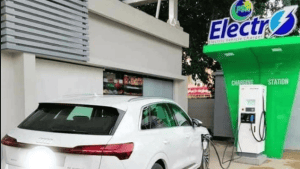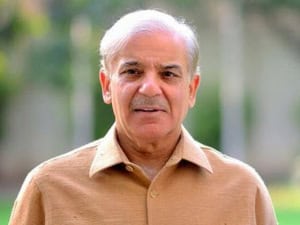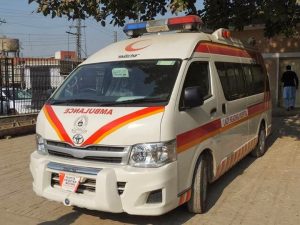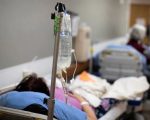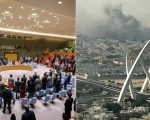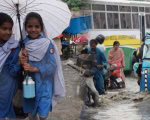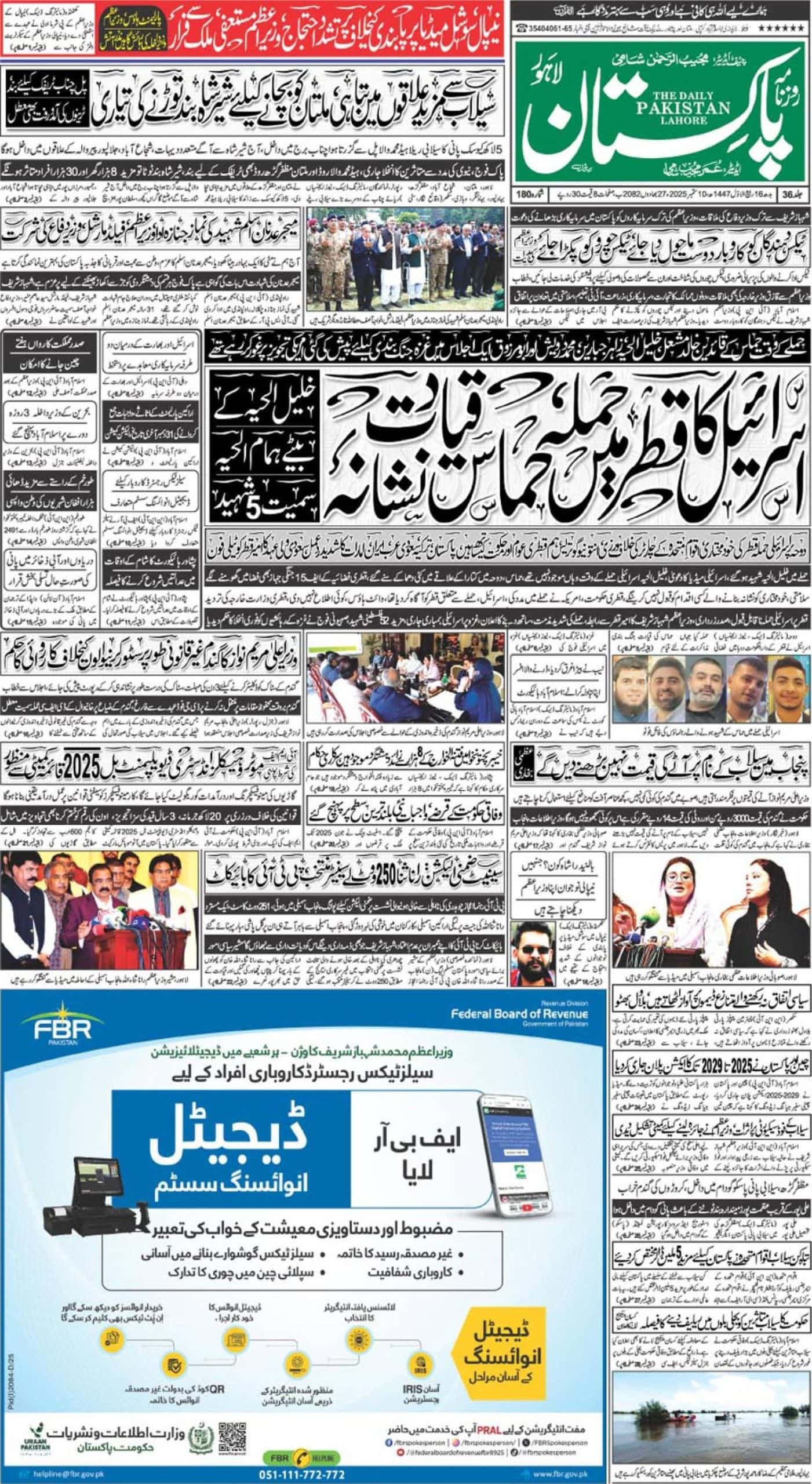ISLAMABAD – Allama Iqbal Open University (AIOU) has provided fee concession to 20,466 in the financial year of 2018-19 following its policy of ensuring ‘Education to ALL’.
The number of beneficiaries having fee concession under the University’s scholarship schemes was 20,466 in the last fiscal year (2018-19) compared to 19, 226 in the corresponding period, a press release received here said on Thursday.
The AIOU has offered a scholarship to a large number of students that is a record in the history of the university.
In order to accommodate a maximum number of deserving students in each academic semester, the number of fee-concessions was the more than allocated budget in the financial year 2018-19.
According to Director Students’ Affairs Rana Tariq Javed, the Vice-Chancellor Professor Dr Zia-Ul-Qayyum has given standing instructions that no citizen of the country should be left without education owing to financial reason.
The Vice-Chancellor has announced while addressing an academic meeting that financial constraint would be no longer a hurdle in receiving education from the AIOU that caters the educational needs of around 1.4 million students annually through the distance learning system.
There are ten scholarships schemes of the University, under which the deserving students take benefit to continue their future study.
As per the policy, if annual income of a student or his parents is less than Rs. 3, 60,000, he can apply for fee concession in a particular program under the scholarship schemes, through his respective regional office.
Each desiring student is required to meet the prescribed criteria. The case of fee-concession is finally considered and approved by an Assessment Committee, set up for this purpose at the regional level.
The AIOU is only University in the country that is providing free Matric-level education to the students from Baluchistan and the tribal regions. The number of such students who availed the facility was 1,376 in the recent year.
The AIOU has made available secondary-level free education to marginalized or less-developed areas of the country that includes disabled persons, prisoners, drop-out girls, and transgender.


